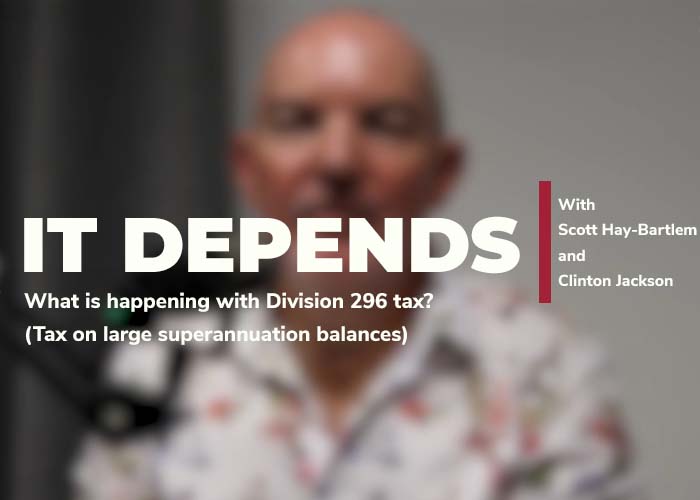On 28 June 2013, the long-awaited Insurance Contracts Amendment Act 2013 (Cth) (ICAA) came into effect. The ICAA is considered to bring the most significant changes to the Insurance Contracts Act 1984 (Cth) (ICA) since its commencement in 1986. The changes are to take effect in stages with the first tranche having come into force on 28 June 2013. This alert addresses the more significant of those changes.
Remedies
For life insurers, the ICAA provides significant improvements to the remedies in two important areas:
(a) the ‘unbundling’ of life insurance policies; and
(b) the right to cancel a contract on the ground of fraudulent claim.
Unbundling of life insurance contracts
When the ICA came into force in 1986, life insurance contracts consisted mainly of surrender value and death cover. Currently, policies often consist of multiple types of cover including income protection and total and permanent disability cover. Previously, the ICA would only allow the remedies of avoidance or variation to the life insurance contract as a whole; not to the individual aspects of cover.
The ICAA has introduced a new section 27A that treats the life insurance policy as consisting of separate contracts in each of the following circumstances:
(a) The policy contains two or more ‘groups of provisions’ and each group could form a single contract – for instance a policy providing both Income Protection cover and Trauma cover.
(b) The policy provides cover for two or more life insureds – for example a policy providing Death and TPD cover for a husband and wife.
(c) The policy provides both cover underwritten on particular terms, and cover that is not underwritten or is underwritten on different terms. This has particular relevance to group life schemes where all members have automatic cover and may elect to apply for increased cover. If the increased cover is underwritten, it will be treated as a separate contract to the automatic cover.
A life insurer is able to utilise the remedies of variation or avoidance with respect to each type of cover.
This provision applies to all life insurance contracts except those that were the subject of court proceedings as at 28 June 2013.
Cancellation of life insurance contracts
Since the ICA’s commencement, a life insurer has not had an ability to cancel a contract of life insurance, other than for unpaid premiums. A new provision, section 59A, allows a life insurer to cancel a contract entered into after 28 June 2013 if the life insured makes a fraudulent claim under either:
(a) that life insurance contract; or
(b) under another contract of insurance with the same insurer providing cover during any part of the same period.
The cancellation is subject to a proviso that a court may, if satisfied that it would be harsh or unfair not to do so:
(a) disregard the insurer’s cancellation of the contract; and
(b) order the insurer to pay such amount as the court considers just and equitable; and
(c) order the insurer to reinstate the contract.
In exercising its discretion the court:
(a) must, however, have regard to the need to deter fraudulent conduct in relation to insurance; and
(b) may have regard to any other matter.
Interestingly, the terms of the discretion granted by the new section 59A differ in some respects from section 31 of the ICA (which deals with the court’s discretion where a contract has been avoided). The court is not required to have regard to whether the insurer has been prejudiced nor to any weighing of the culpability of the insured with the magnitude of the loss.
Utmost good faith
The ICAA also makes a change to the duty to act with the utmost good faith. Previously, the duty was implied into every insurance contract under section 13. A breach of the duty did not amount to a breach of the ICA.
As a result of the amendments, a breach of the duty to act with the utmost good faith is now deemed to be a breach of the ICA and ASIC is now afforded its Corporations Act 2001 (Cth) powers to:
(a) vary, suspend, revoke or cancel an insurer’s financial services licence;
(b) ban (permanently or for a period of time) an insurer from providing any or specific financial services;
(c) impose conditions on the financial services licence; and
(d) accept an enforceable undertaking of the insurer not to act in a particular manner.
According to the Explanatory Memorandum:
(a) An example of the type of conduct leading ASIC to seek a permanent banning order is ‘a pattern of persistent contraventions that indicate systemic failures or a general lack of understanding of, and regard for, compliance’.
(b) Isolated breaches of the duty would not be expected to result in ASIC pursuing a banning order.
In addition, a breach of the duty will allow ASIC to commence or continue representative action on behalf of an insured against an insurer, pursuant to section 55A of the ICA.
The term ‘utmost good faith’ in not defined in either the ICA or the ICAA, with the result that the precise content of the duty will be determined on a case by case basis.
The meaning of the term ‘utmost good faith’ has been the subject of much judicial discussion – one of the more recent statements coming from the High Court in CGU Insurance Limited v AMP Financial Planning Pty Ltd (2007) 235 CLR 1 (per Gleeson CJ and Crennan J) in terms that the duty requires an insurer to act ‘consistently with commercial standards of decency and fairness, with due regard to the interests of the insured’.
This amendment applies to any contract of insurance entered into after 28 June 2013 and any variation of a life insurance policy after 28 June 2013.
It remains to be seen how this amendment plays out.
Should you require any further information or to discuss these changes, please contact Terry Batch on (07) 3231 2921 or Bridget O’Brien on (07) 3231 2980.



